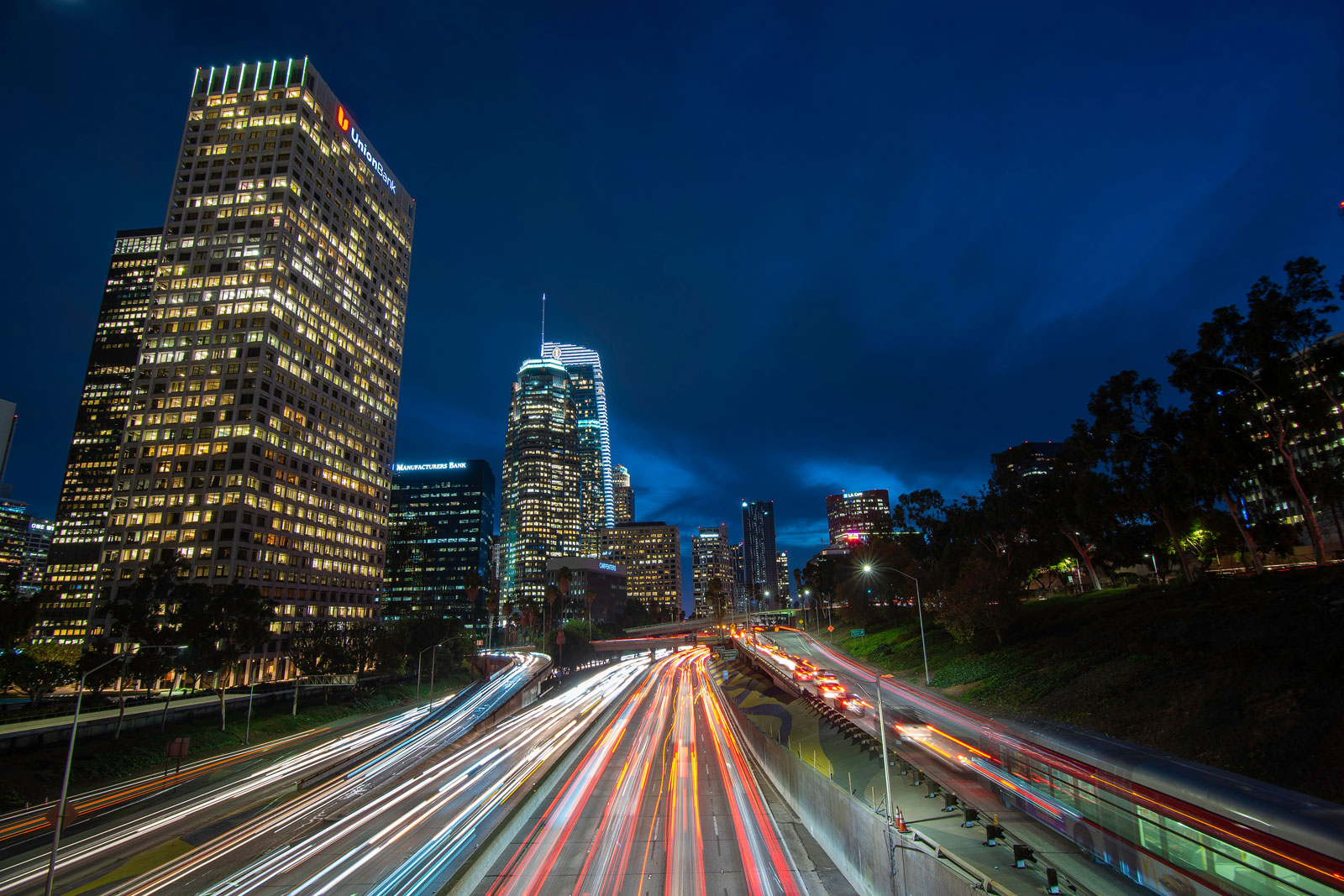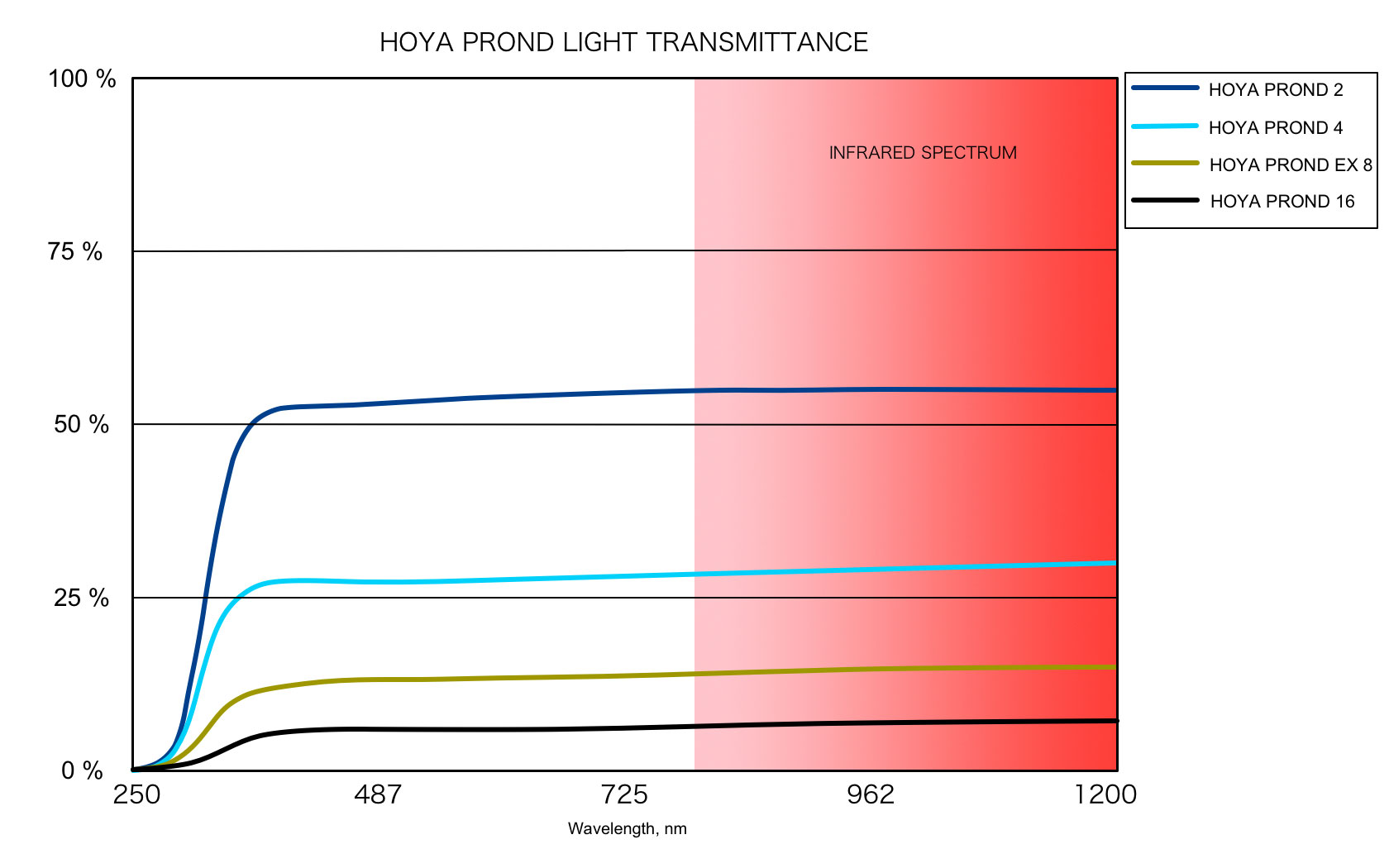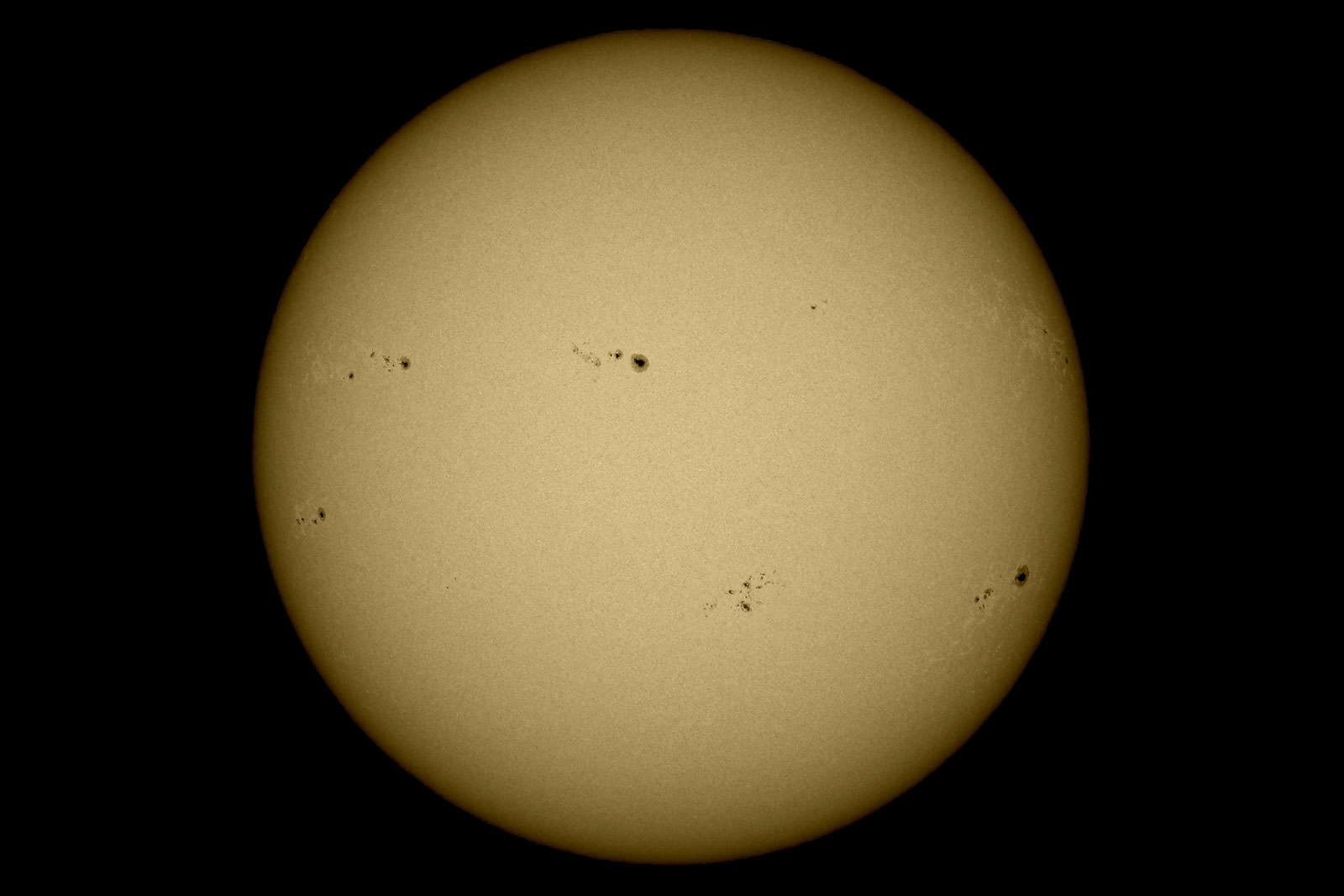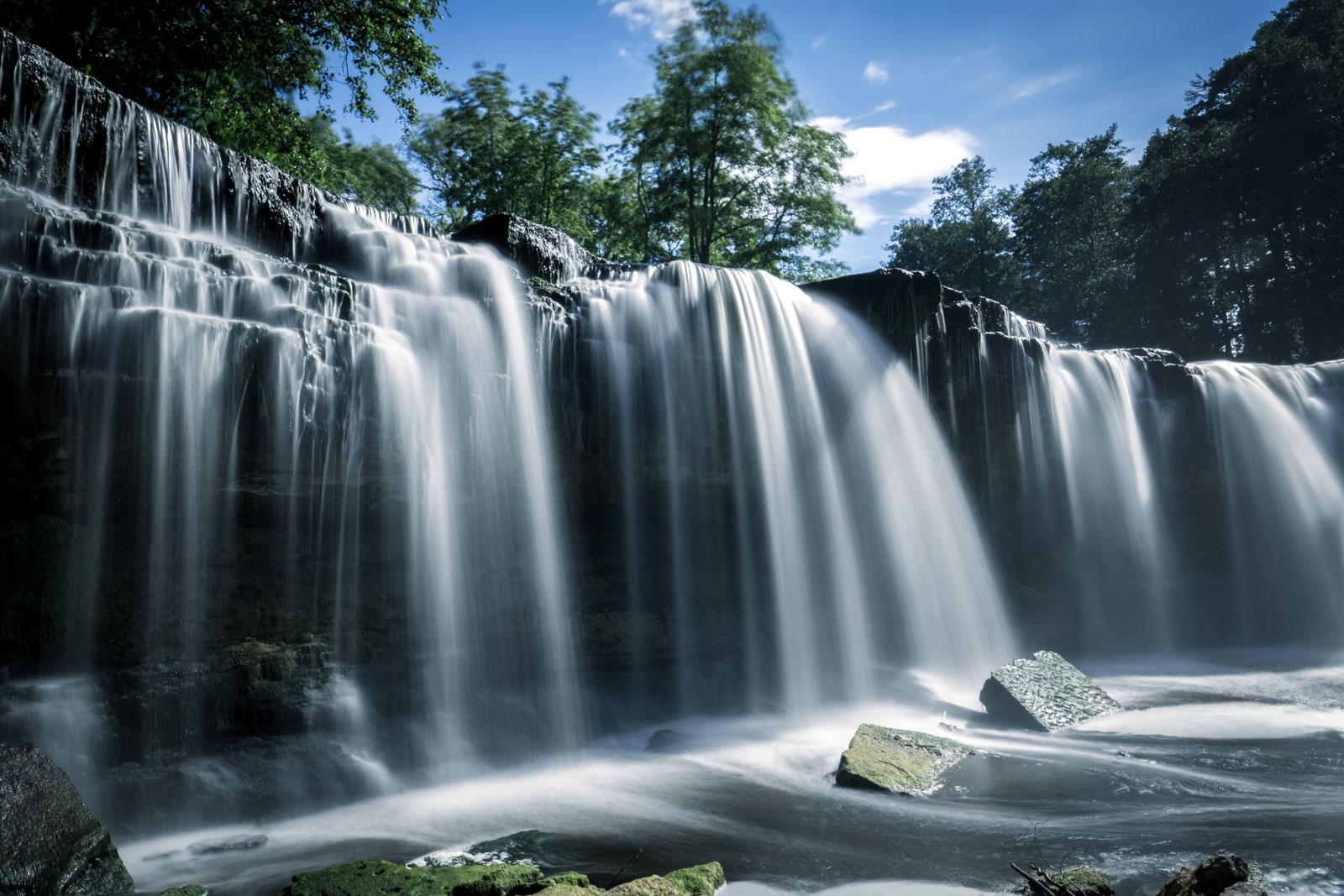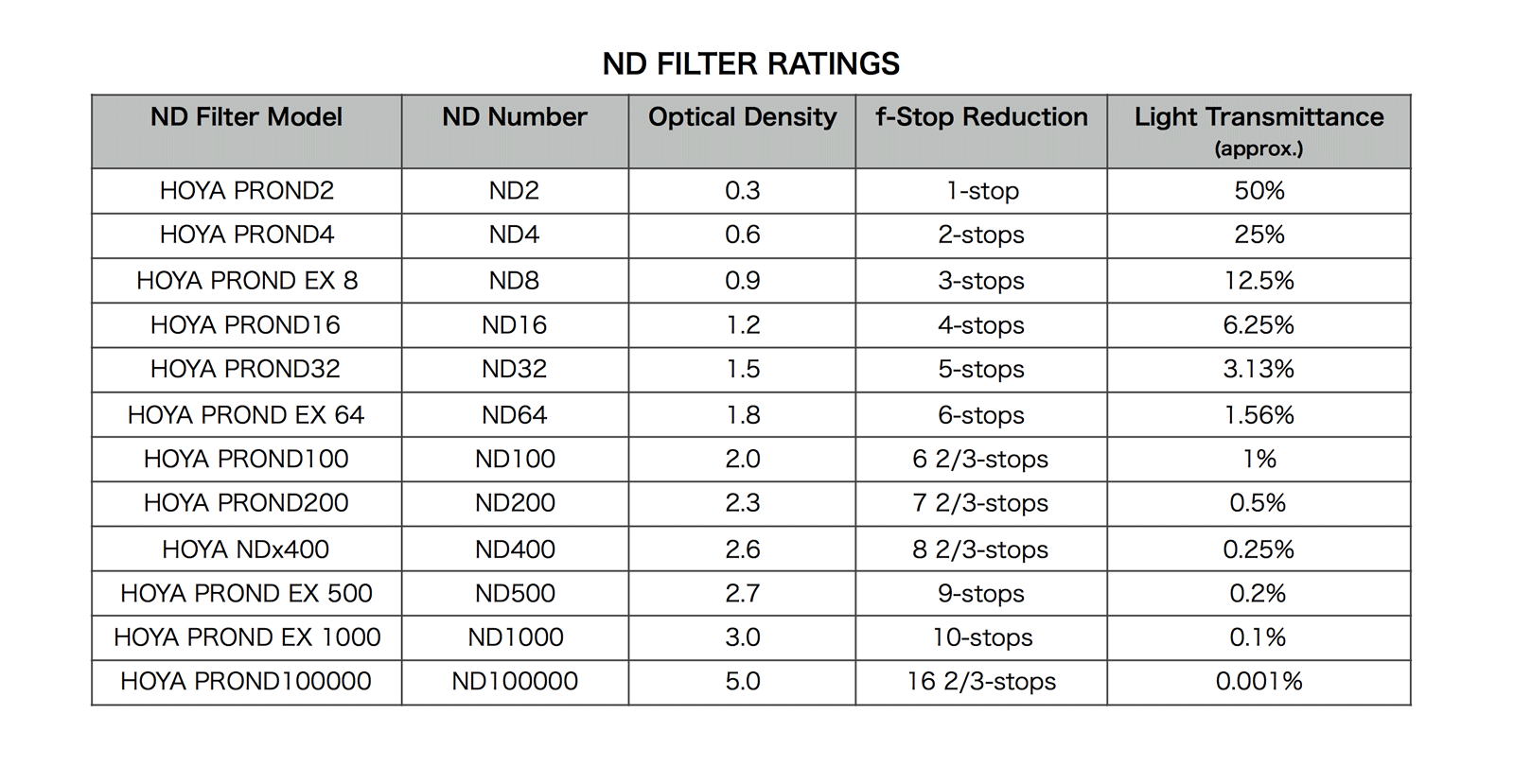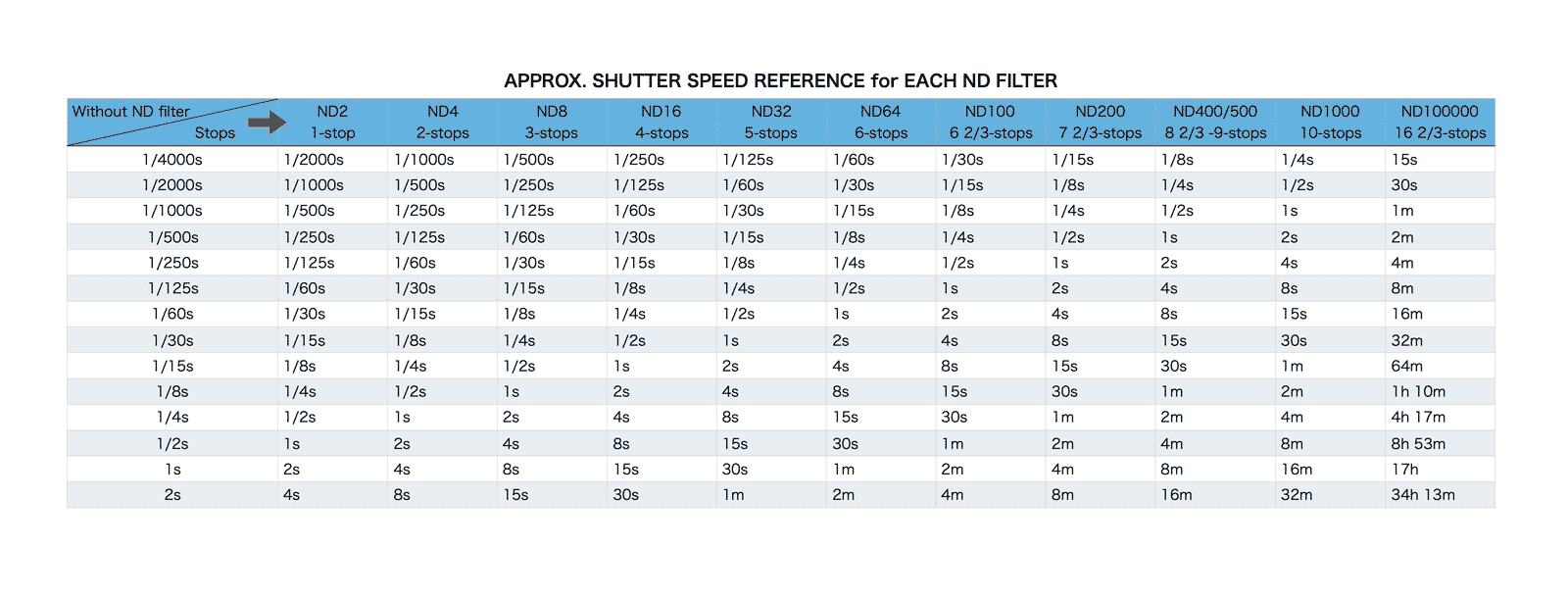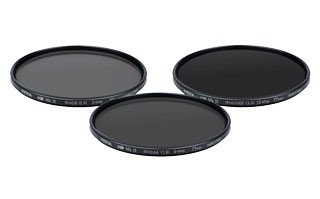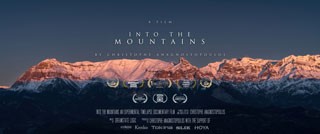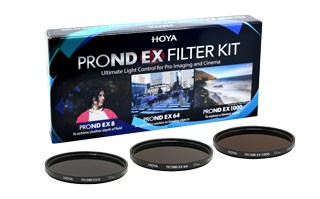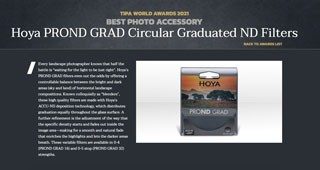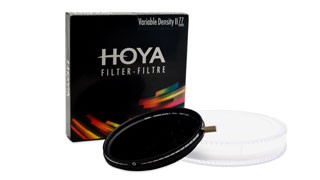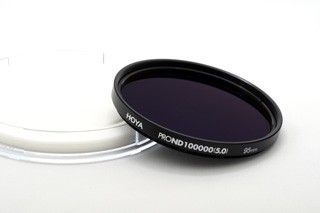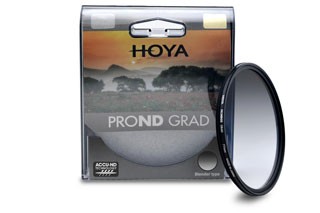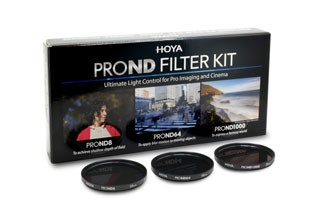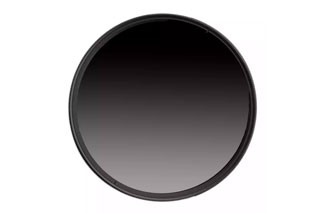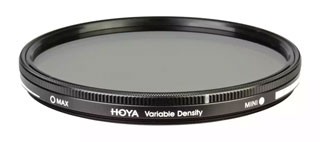PROND2 (ND 0.3)
DiscontinuedAbout ND filters
Neutral density (ND) filters are the most demanded and essential type of photographic filters because of several reasons. For photographers ND filter means precise control of the amount of light passing through the lens for greater creative control over exposure. For video content creators ND filters helps much to set shutter speeds to match the frame-rate while maintaining the depth-of-field of the footage.
Among the varieties of ND filters from ND2 to ND1000 even ND100000, we can generally categorize ND filters into 3 basic groups:
- Light density filters (ND2 - ND8)
- Middle density filters (ND16 - ND200)
- Deep density filters (ND500 - ND1000 / ND100000)
Light density filters will lower the shutter speed in the bright sunny day to allow you to reduce depth of field in very bright light or to use a wider aperture to stay below the diffraction limit. For example, these filters are necessary to shoot with your fast lenses like F1.4 or F1.2 with aperture wide open for softer and more beautiful bokeh.
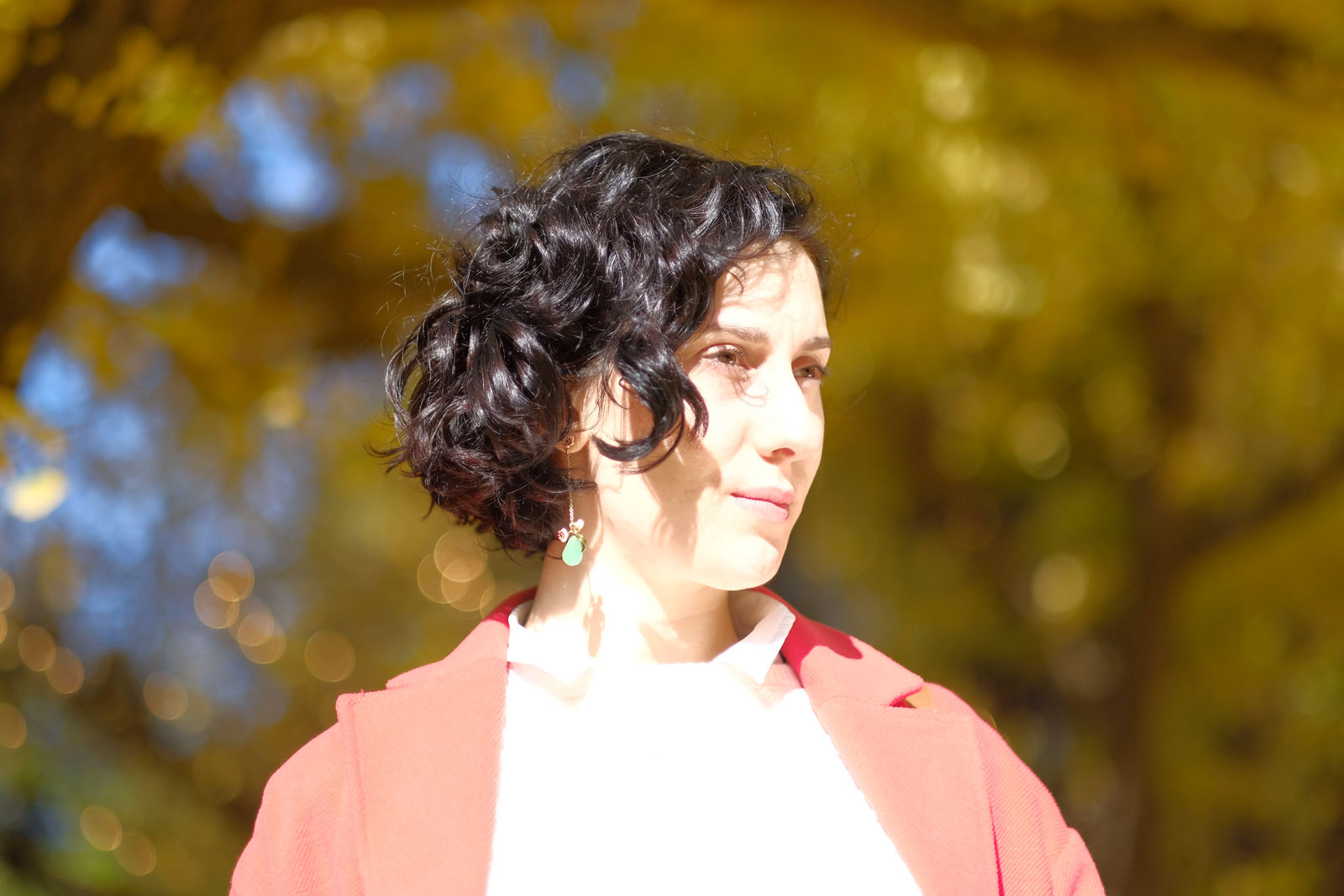 |
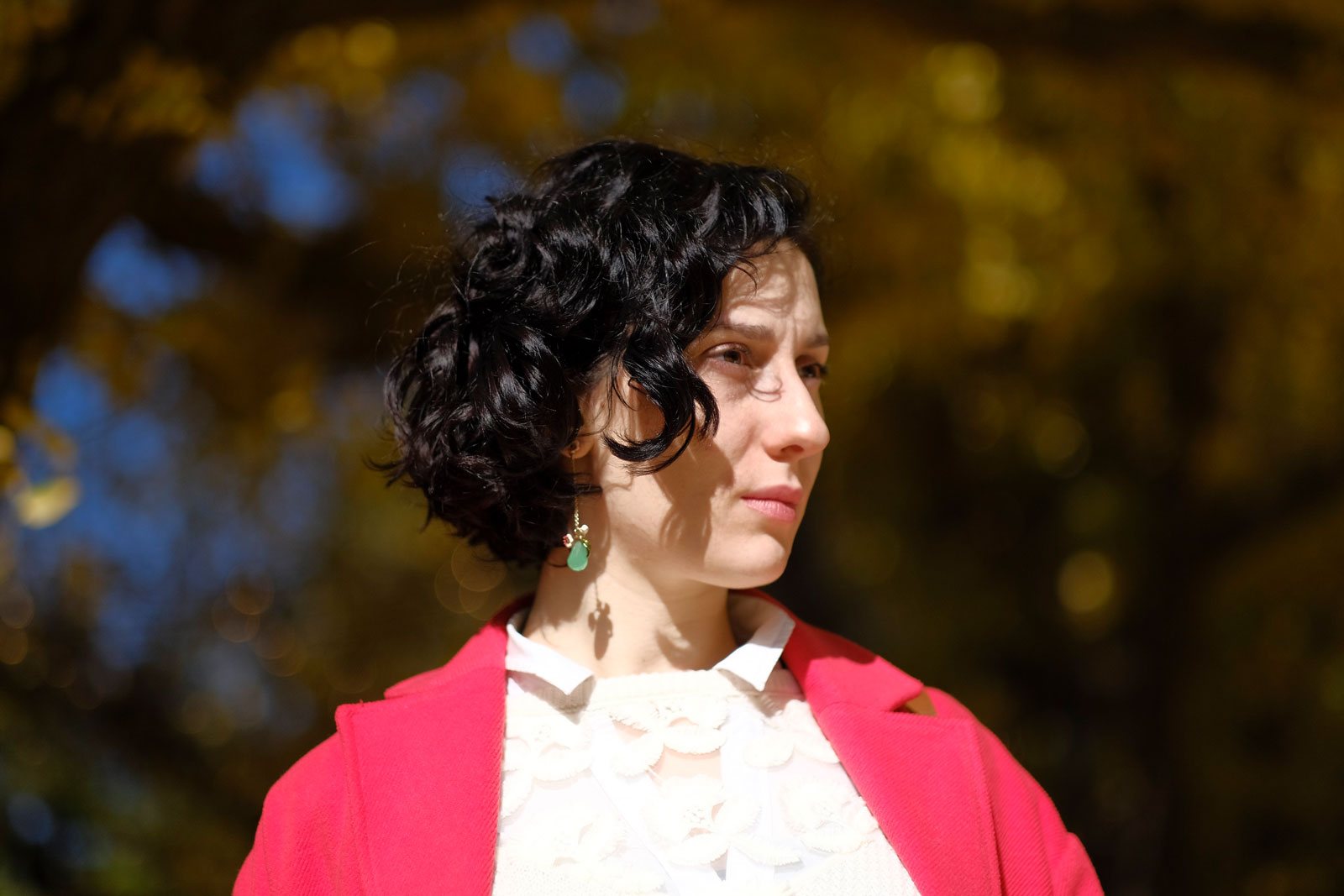 |
Middle density filters will help you to add motion blur to the object in the conditions that generally will not allow camera shutter speed to do so.
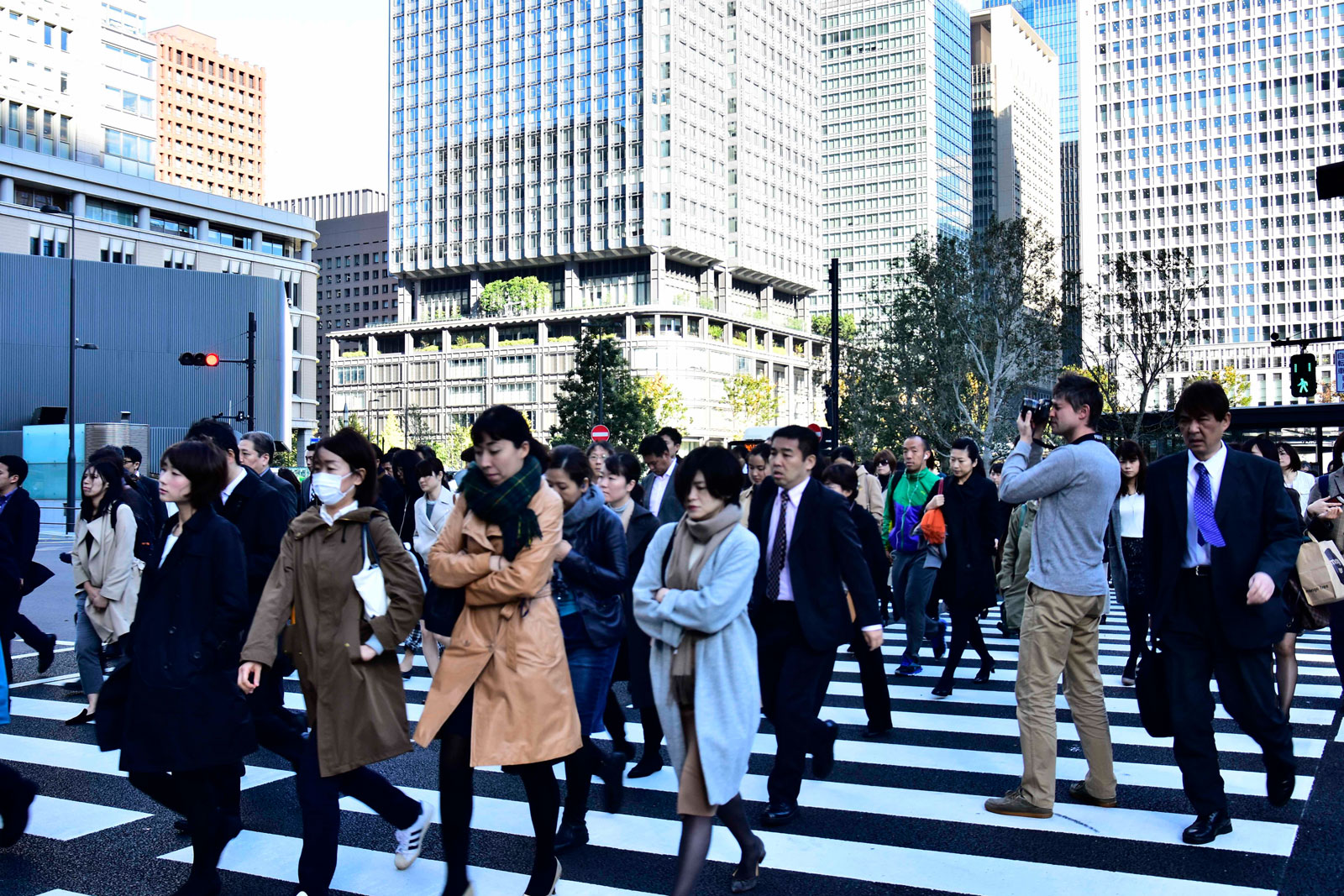 |
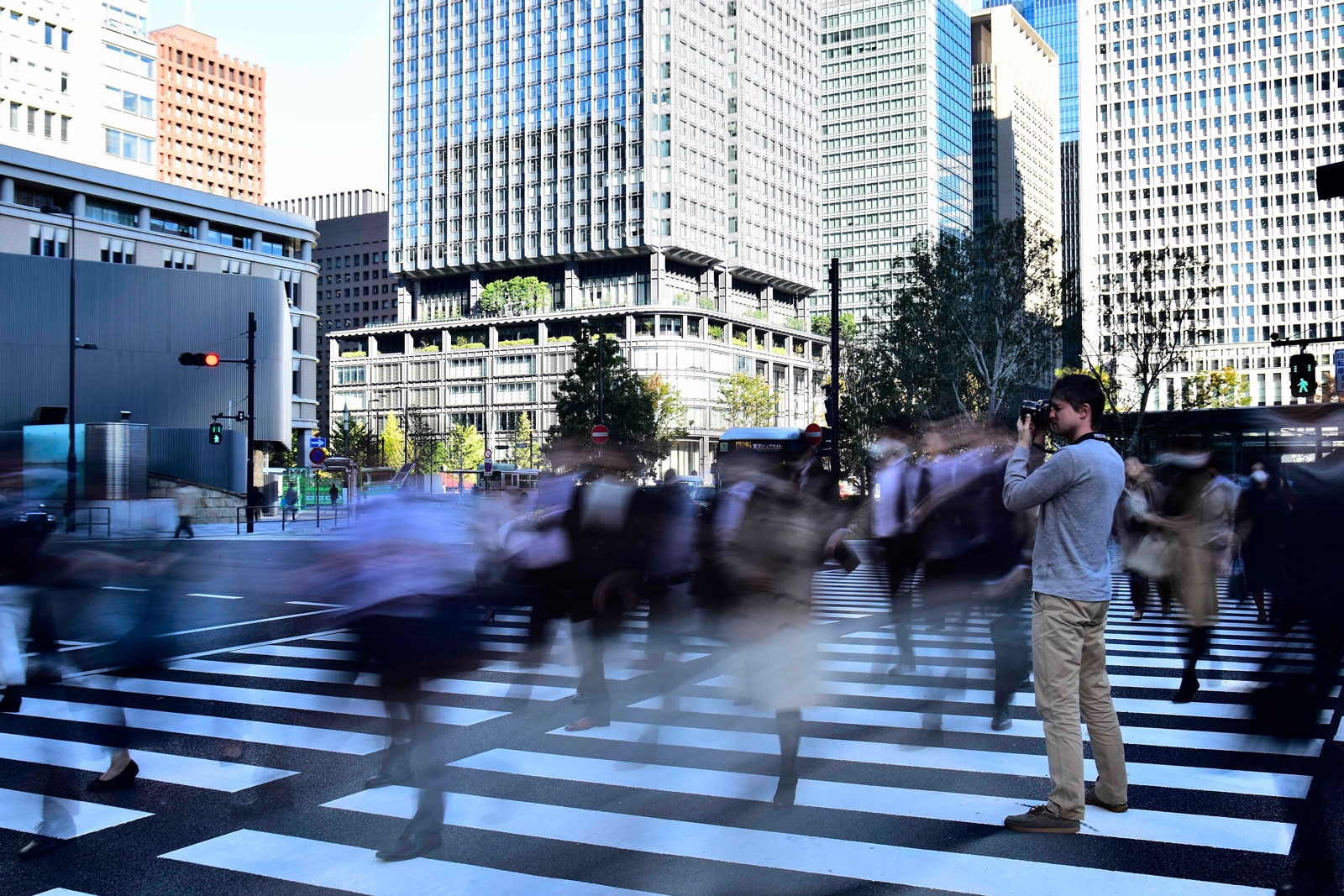 |
If you are for more creative shots that are based on extremely slow shutter speeds - deep density filters are to be suggested. ND filters like ND500 or ND1000 will help to capture dramatic unreal fantasy world that cannot be seen by the human eye.
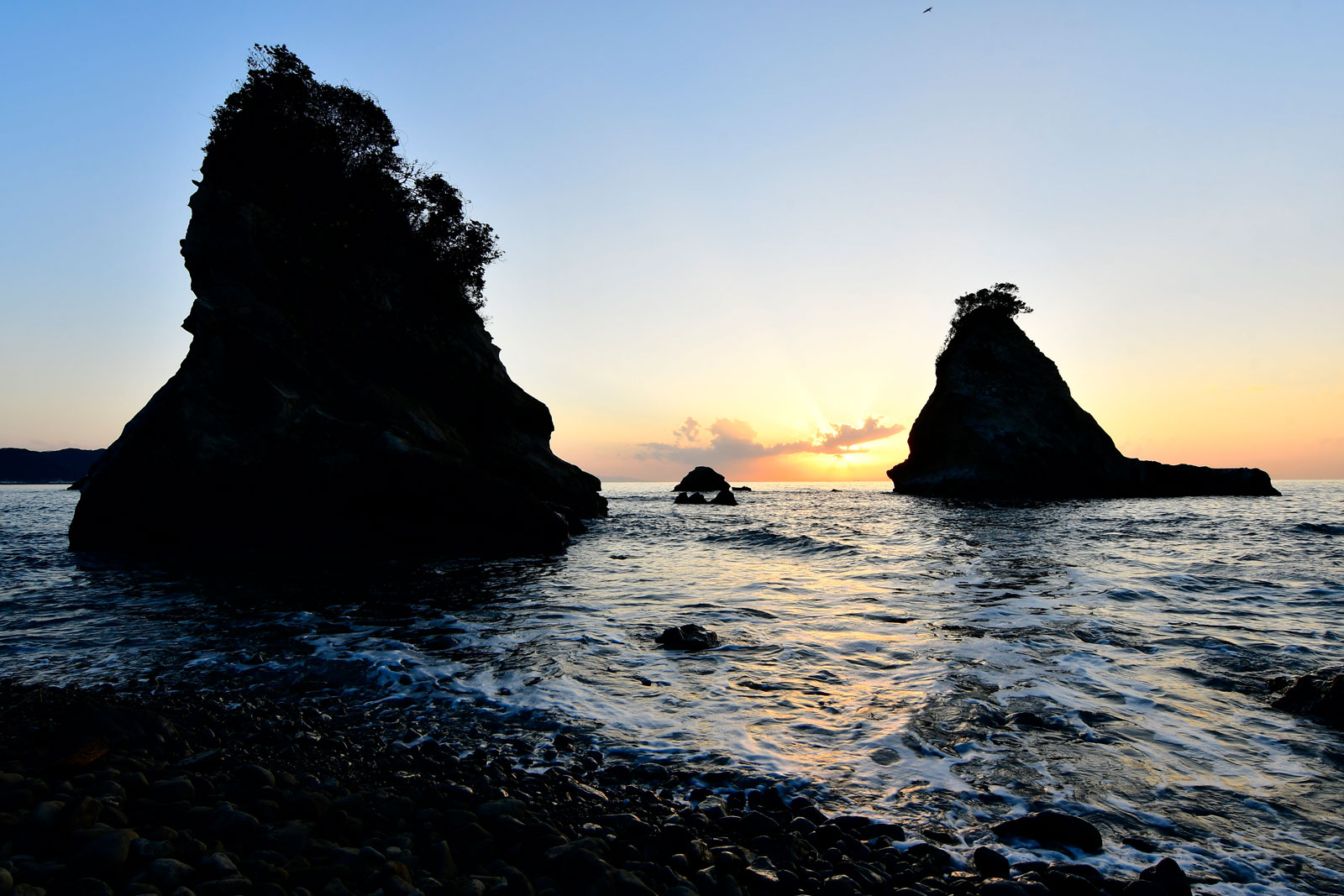 |
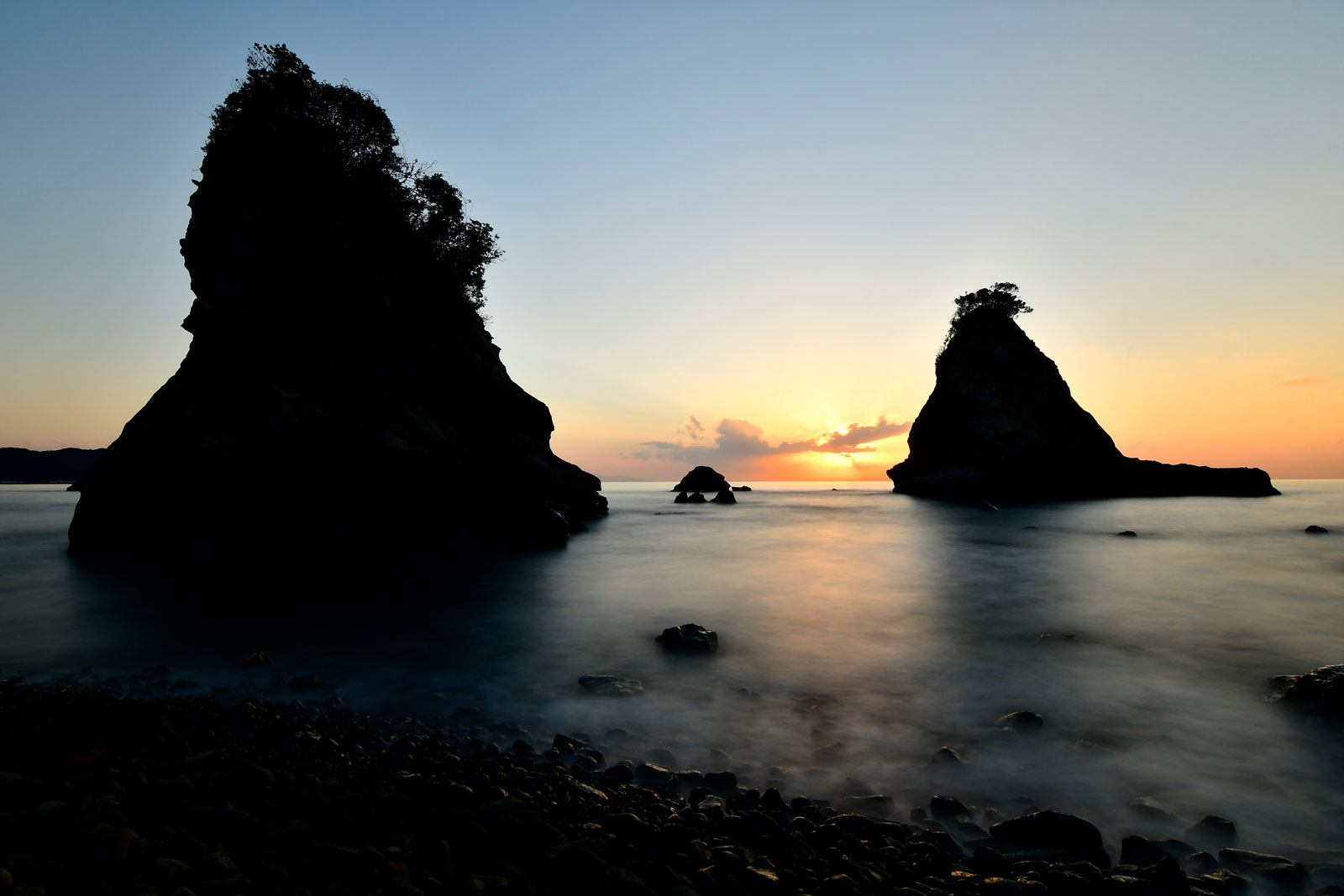 |
Color shift issue solution
HOYA offers its own exclusive and wide lineup of ND filters that are branded into PROND series for both photographers and filmmakers. PROND filters adopt HOYA's clear optical glass that is mounted into a lightweight, precisely crafted aluminum frame. The frame has front filter threads so you can attach additional filters or a lens cap.

Thanks to ACCU-ND technology that puts HOYA ND filters far ahead from other brands the image undergoes no negative affect from color shift that may occur due to low-quality materials, poor manufacturing QC, or issues with leaking of the Infrared band of the light spectrum. The last problem is the most important nowadays in photography and videography.
HOYA's exclusive ACCU-ND technology achieves equal reduction of the light in visible and IR spectrums. As a result the photographer may not fear any issue with color shift when using HOYA ND filters in different shooting conditions.
Color shift issue due to IR pollution.
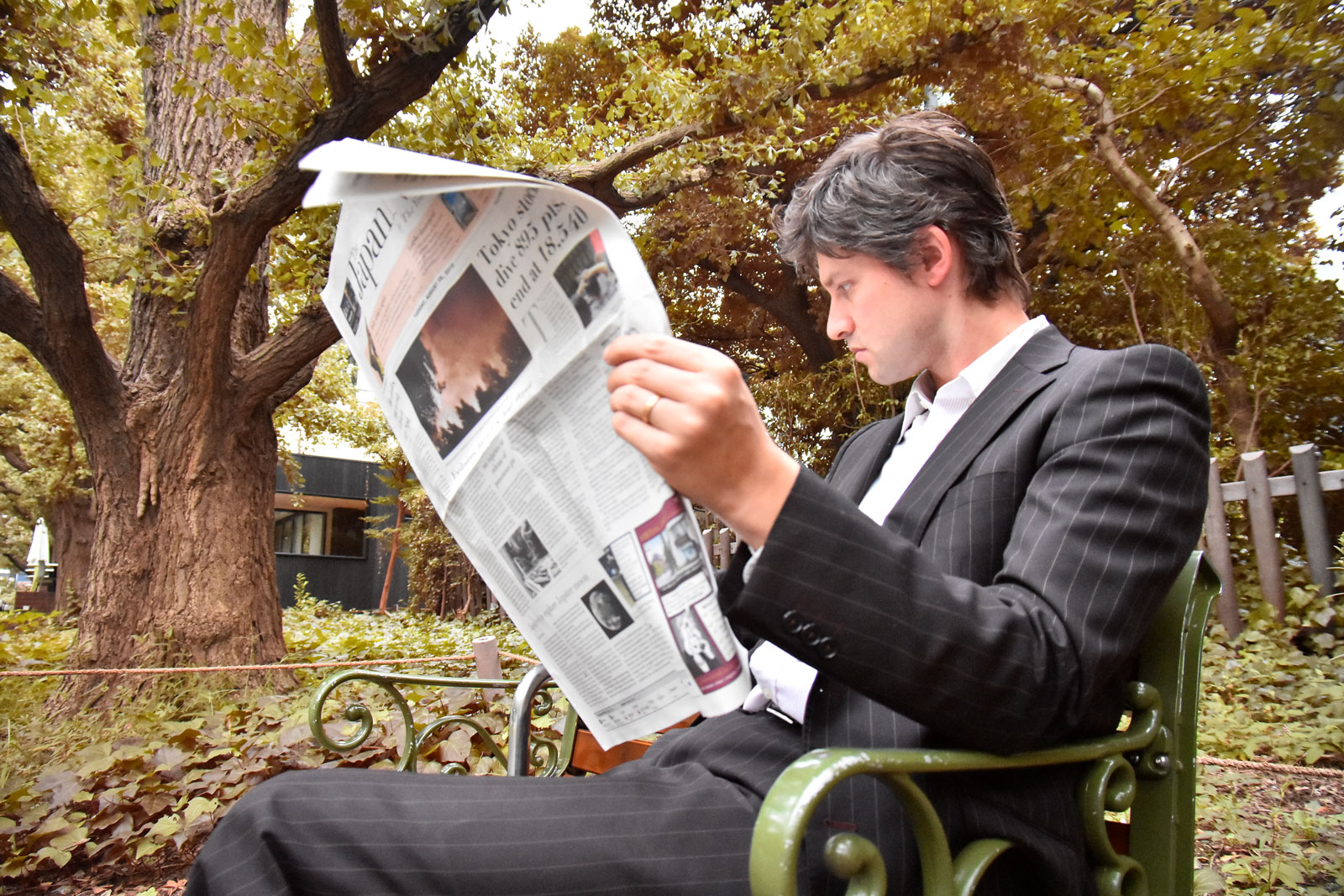 |
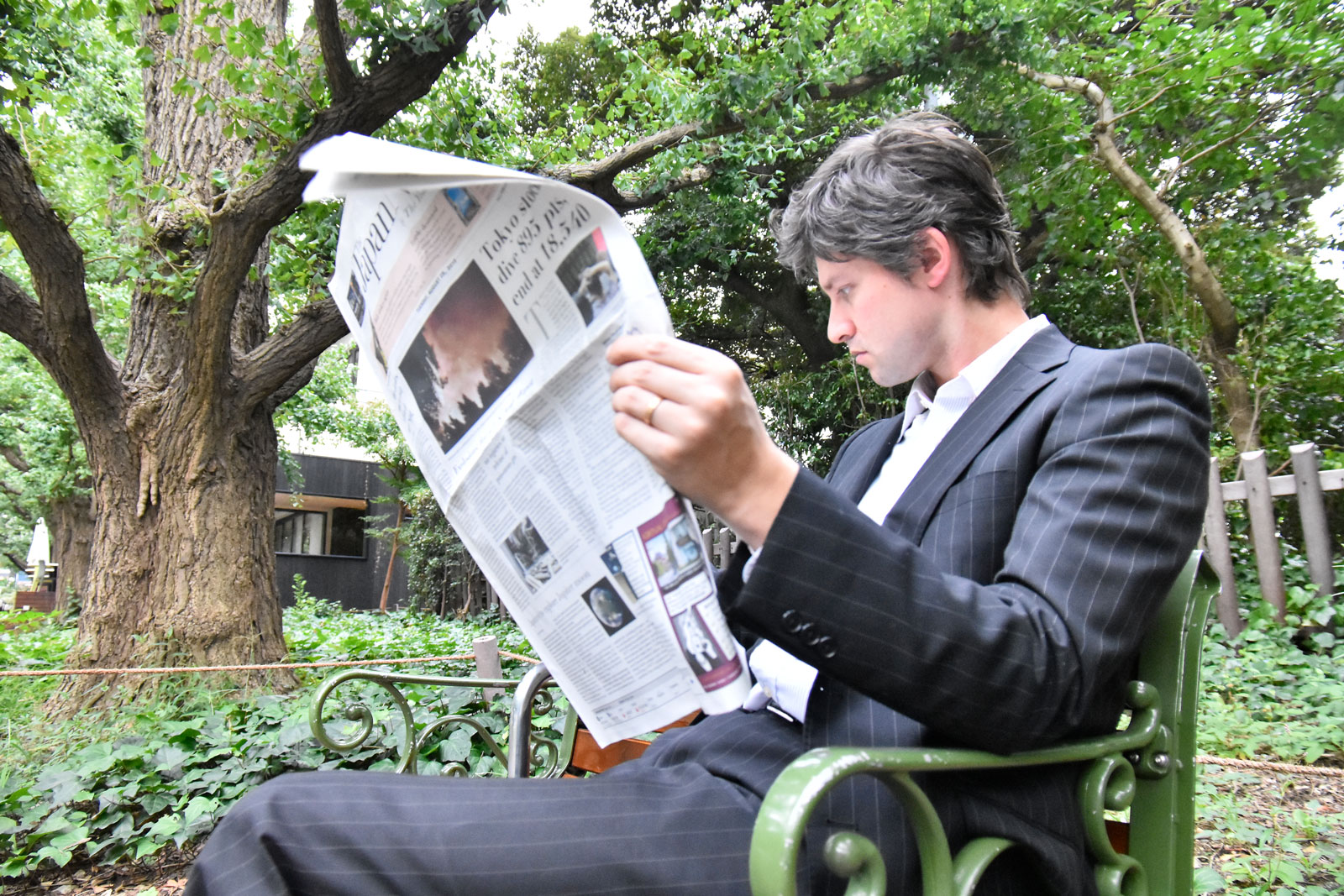 |
PROND filters in video production
ND filters in video shooting is also an irreplaceable tool. For example, when shooting with Sony camera in Slog mode, ISO cannot be set below 800. To obtain natural motion shutter speed is recommended to be adjusted to frame/rate setting. During the daytime PROND8, PROND64, PROND1000 or its combination (like PROND8+PROND64) would be necessary to achieve cinematic quality.
Combinations of PROND filters
The choice of ND filters depends on photographer intentions to achieve the desired effect in the image. In case the effect by using single ND filter does not satisfy photographer's vision, combination of PROND filters can also be useful. For example, the combination of PROND8+PROND64 will give the effect equal to ND500 filter, that can be used to express an unreal fantasy world. The combination of PROND8+PROND1000 will give the effect equal to ND8000, that will allow to capture the surface of the Sun without overexposure with solid color and visibility of the black spots.
